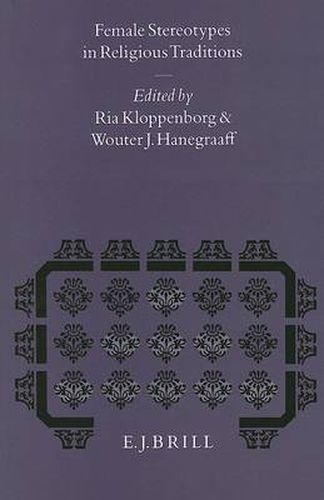Readings Newsletter
Become a Readings Member to make your shopping experience even easier.
Sign in or sign up for free!
You’re not far away from qualifying for FREE standard shipping within Australia
You’ve qualified for FREE standard shipping within Australia
The cart is loading…






This volume contains a collection of studies describing and analyzing stereotypes of women in the religions of ancient Israel and Mesopotamia, Zoroastrianism, Judaism, medieval Christianity, Islam, Indian Sufism, Hinduism, Buddhism, Tibetan religions and modern Neopaganism. In all these traditions, the stereotypes are based on generalizations, which are socially, culturally or religiously legitimized, and which seem to have a lasting influence on society’s conceptions of women. They represent oversimplified opinions, which are, however, regularly challenged by the women who are affected by them. In all traditions the stereotypes are ambiguous, either because women have challenged their validity or because historical developments in society have reshaped them. They influence public opinion by emphasizing dominant views, as a strategy to restrain women and keep them controlled by the rules and morals of a male-dominated society.
$9.00 standard shipping within Australia
FREE standard shipping within Australia for orders over $100.00
Express & International shipping calculated at checkout
This volume contains a collection of studies describing and analyzing stereotypes of women in the religions of ancient Israel and Mesopotamia, Zoroastrianism, Judaism, medieval Christianity, Islam, Indian Sufism, Hinduism, Buddhism, Tibetan religions and modern Neopaganism. In all these traditions, the stereotypes are based on generalizations, which are socially, culturally or religiously legitimized, and which seem to have a lasting influence on society’s conceptions of women. They represent oversimplified opinions, which are, however, regularly challenged by the women who are affected by them. In all traditions the stereotypes are ambiguous, either because women have challenged their validity or because historical developments in society have reshaped them. They influence public opinion by emphasizing dominant views, as a strategy to restrain women and keep them controlled by the rules and morals of a male-dominated society.